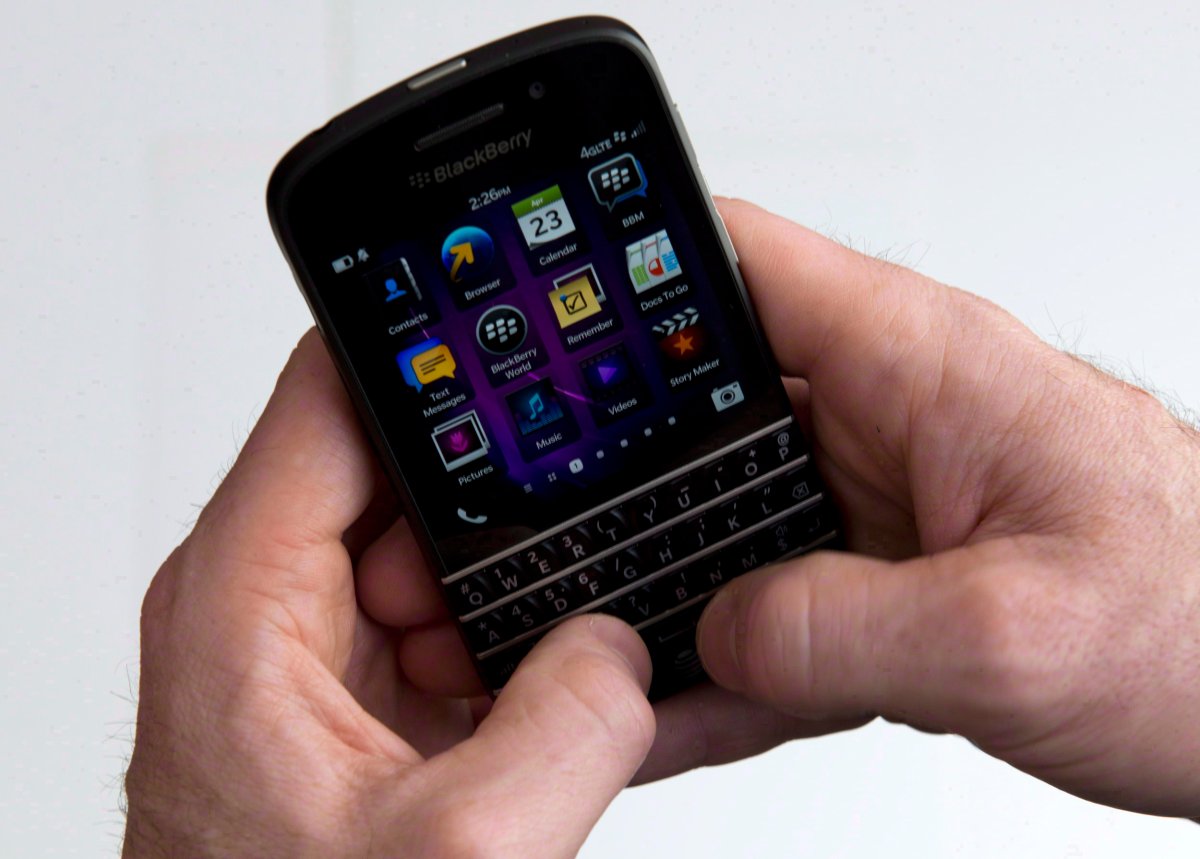OTTAWA – After spending millions of dollars in ads critical of the big wireless companies, the Harper government appears to have walked away from a legal battle over its touted wireless code of conduct.

The Federal Court of Appeal ruled this week that the country’s telecom regulator could not argue on its own behalf in an appeal by Canada’s major service providers over the start date for the wireless code, which is set to kick in by June of next year.
The decision appeared at first blush to be a procedural one based on a technicality.
READ MORE: Conservatives agree to support NDP motion to study wireless plan hikes
But sources familiar with the case say the regulator had little choice but to advocate for itself after discovering that federal lawyers would not be present.
Critics say the decision leaves the Canadian Radio-television and Telecommunications Commission unable to defend against attacks aimed at rendering the code useless to all but new customers of the big wireless service providers.
Industry Canada said Thursday it would not comment on matters under consideration by the CRTC.
But it noted the department wasn’t named as a participant by the wireless services providers when they launched their appeal.
Once in force, the wireless code would require carriers to limit early cancellation fees, data roaming fees and overage charges.
- Posters promoting ‘Steal From Loblaws Day’ are circulating. How did we get here?
- Video shows Ontario police sharing Trudeau’s location with protester, investigation launched
- Canadian food banks are on the brink: ‘This is not a sustainable situation’
- Solar eclipse eye damage: More than 160 cases reported in Ontario, Quebec
It also imposes restrictions on the locking of wireless devices, on security deposits and on device disconnection.
READ MORE: Ottawa moves to aid smaller wireless carriers
NDP consumer critic Glenn Thibeault points out the appeal court made clear in its decision that federal lawyers could have argued on behalf of the CRTC in the appeal, but didn’t.
Now, he says, the Harper government appears to be washing its hands of the court case after effectively touting the CRTC’s wireless code as its own policy.
The federal government spent nearly $9 million in the last fiscal year on advertising that blasted the industry for failing consumers and to promote the wireless code.
But federal lawyers were not among a long list of respondents to the appeal, which included several provincial and territorial governments, consumer groups and individuals.
READ MORE: 5 questions about the CRTC’s new wireless code
“By failing to intervene now, especially in this court process, they’re actually letting the code be gutted,” Thibeault said in an interview.
“(The Conservatives) have the opportunity, and I would almost say the obligation, to step up to the plate here,” he said.
“If they were actually, truly going to do what they say they are going to do when it comes to protecting consumers, they sure as heck aren’t demonstrating it.”
The aim of the code is to ensure that wireless customers aren’t gouged by fees, and that the telecom firms provide better service.
The code was enacted in December and is scheduled to take effect June 3, 2015.
But Bell, Rogers, Telus and other carriers are concerned about a provision of the code that would have it apply to all of their customers, retroactive to it being implemented.
“The central issue in this appeal is whether the CRTC exceeded its jurisdiction and erred in law in purporting to give retrospective effect to the Wireless Code,” the carriers wrote in their submission to the appeal court.
As the code is currently written, it would apply to all wireless consumers.
“The wireless code should apply to all contracts, no matter when they are entered into,” the code states.
The carriers want the wording of the code changed so that it only applies to customers who sign up for services after it takes effect.
No date has been set for the appeal to be heard, which is expected to take place in Toronto.
Tuesday’s decision was brought about after the CRTC filed a response to the initial appeal application in an attempt to explain its reasoning for the wording of the wireless code.
The carriers objected, saying the CRTC had overstepped its bounds by advocating on its own behalf. The court agreed.
“Under the law the CRTC is supposed to be neutral and to leave it to others to defend the correctness of its decisions,” said a source familiar with the appeal who asked not to be identified.
In response to the ruling, CRTC chairman Jean-Pierre Blais noted that while it made clear the commission cannot advocate for itself in an appeal, the court did not reject its overall legal argument.
“The issue with the CRTC’s memorandum is not the content of the memorandum per se but the fact that the CRTC cannot be the one to make the arguments,” the ruling stated.
The Consumers’ Association of Canada and the Council of Senior Citizen’s Organizations of British Columbia are among the interveners in the case, represented by the Public Interest Advocacy Centre, or PIAC.
PIAC executive director John Lawford refused to comment on the case, saying his clients have asked him not to comment as the matter is before the courts.



Comments